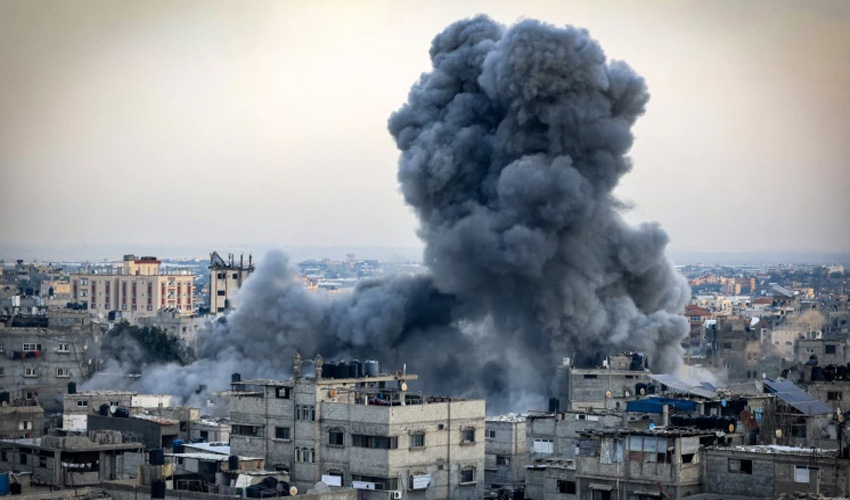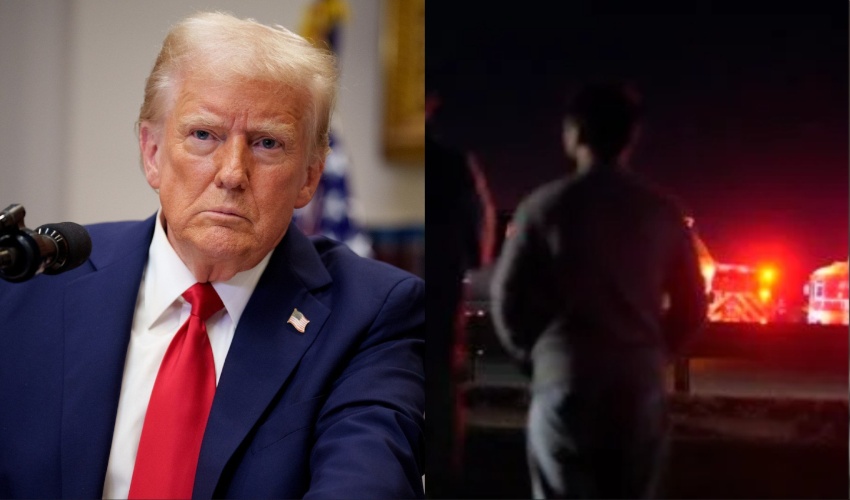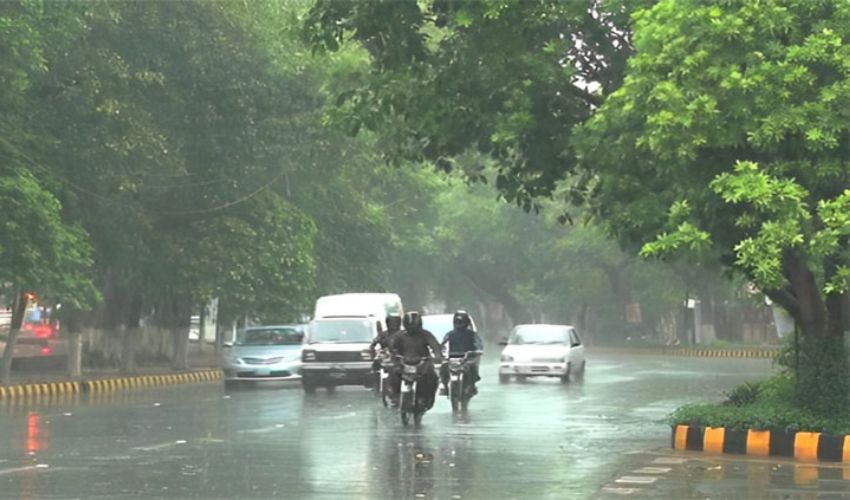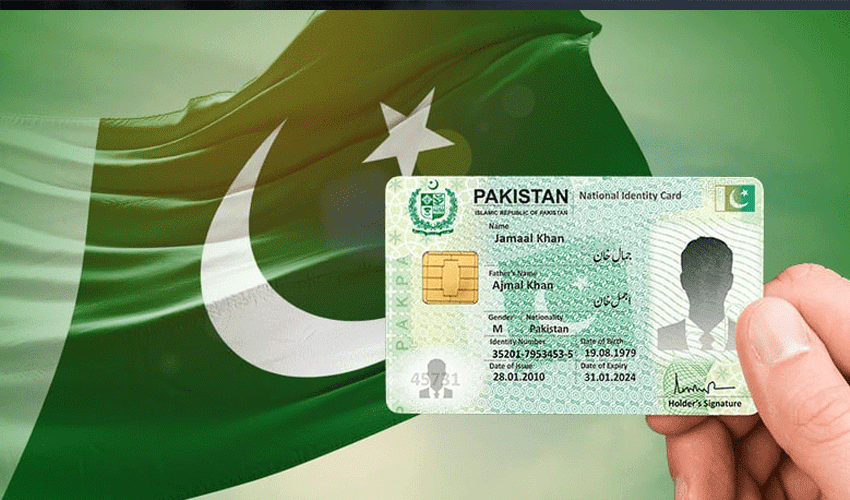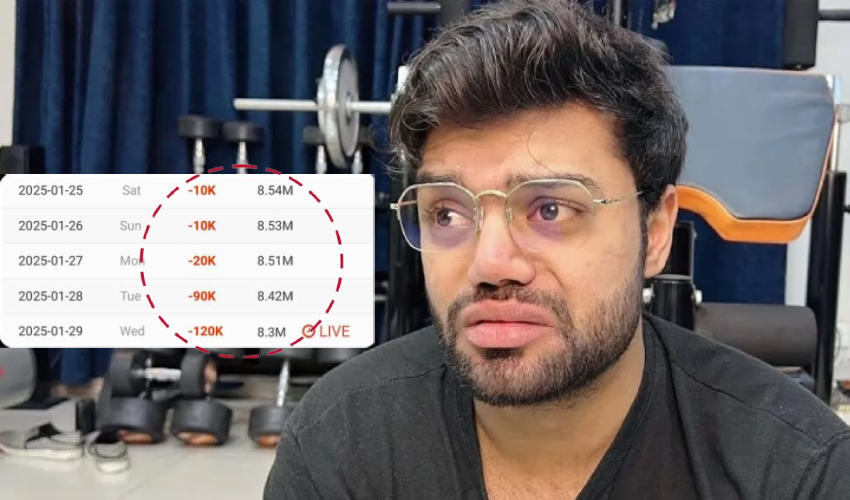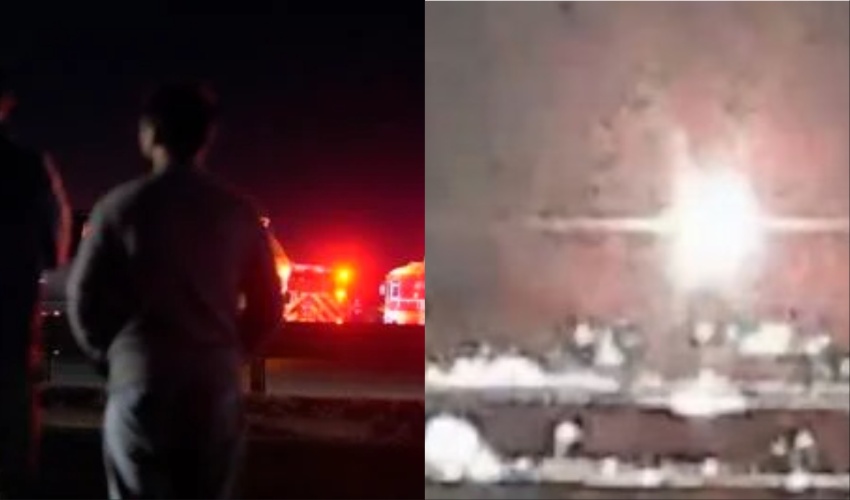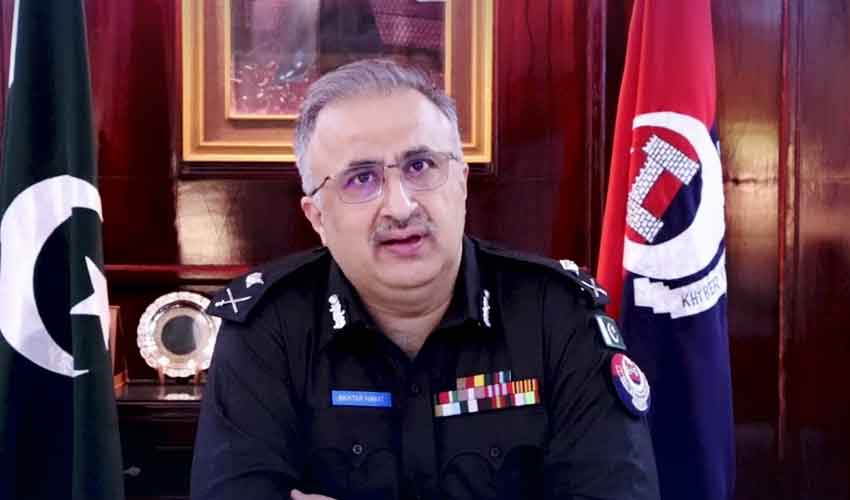As pressure mounts for a ceasefire in the conflict between Israel and Hamas, the city of Rafah finds itself caught in a precarious balance, with conflicting signals from both sides leaving its residents in confusion and fear.
On Monday, Hamas announced its acceptance of a ceasefire-for-hostage deal, sparking initial celebrations among the population of over 1 million Palestinians seeking refuge in Rafah. However, Israel's response was tepid, and airstrikes on the southernmost city of Gaza continued unabated throughout the night.
The Israeli military stated late Monday that it was targeting Hamas in Rafah, with reports suggesting the presence of Israeli tanks near the Rafah crossing, a crucial gateway for humanitarian aid and supplies into Gaza.
While Israel expressed scepticism about Hamas's acceptance of the ceasefire, it also announced plans for further negotiations in Cairo through mediators from Egypt and Qatar.
Amidst the uncertainty, witnesses described scenes of frightened families evacuating Rafah on foot or by any means available, responding to leaflets dropped by the Israeli military instructing residents to flee eastern neighbourhoods.
The situation drew concern from international actors, with the United States reiterating its stance on Rafah in a call between President Joe Biden and Israeli Prime Minister Benjamin Netanyahu.
The White House emphasised the need for an adequate humanitarian plan for the displaced Palestinians in Rafah and hinted at potential policy changes if Israel pursued military action without such a plan.
Meanwhile, Hamas remained resolute in its demands, reaffirming its stance on a ceasefire and the withdrawal of Israeli troops. The group's political chief, Ismail Haniyeh, discussed peace proposals with Ziyad al-Nakhalah, the head of the Palestinian Islamic Jihad, underscoring the resistance factions' unwavering commitment to their demands.
As tensions persist and uncertainty looms over Rafah's fate, the city remains a focal point in the ongoing conflict, with the lives of its residents hanging in the balance amidst the clash of geopolitical interests and humanitarian concerns.





